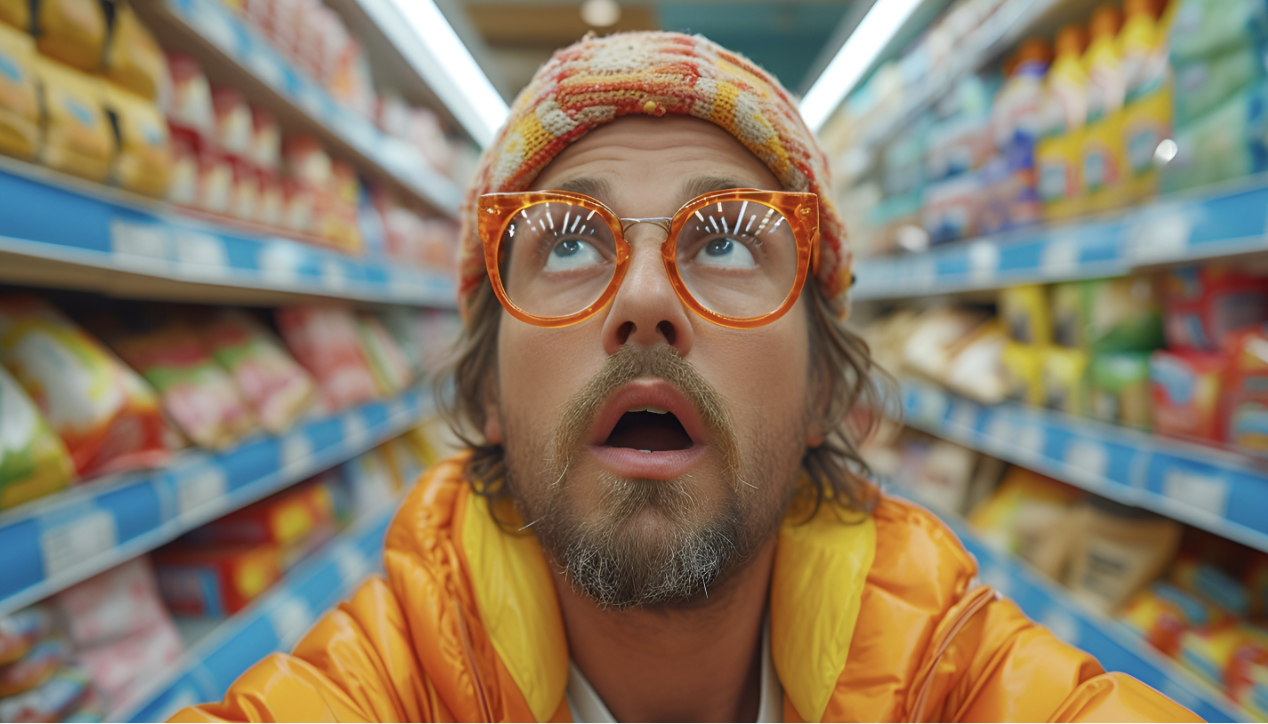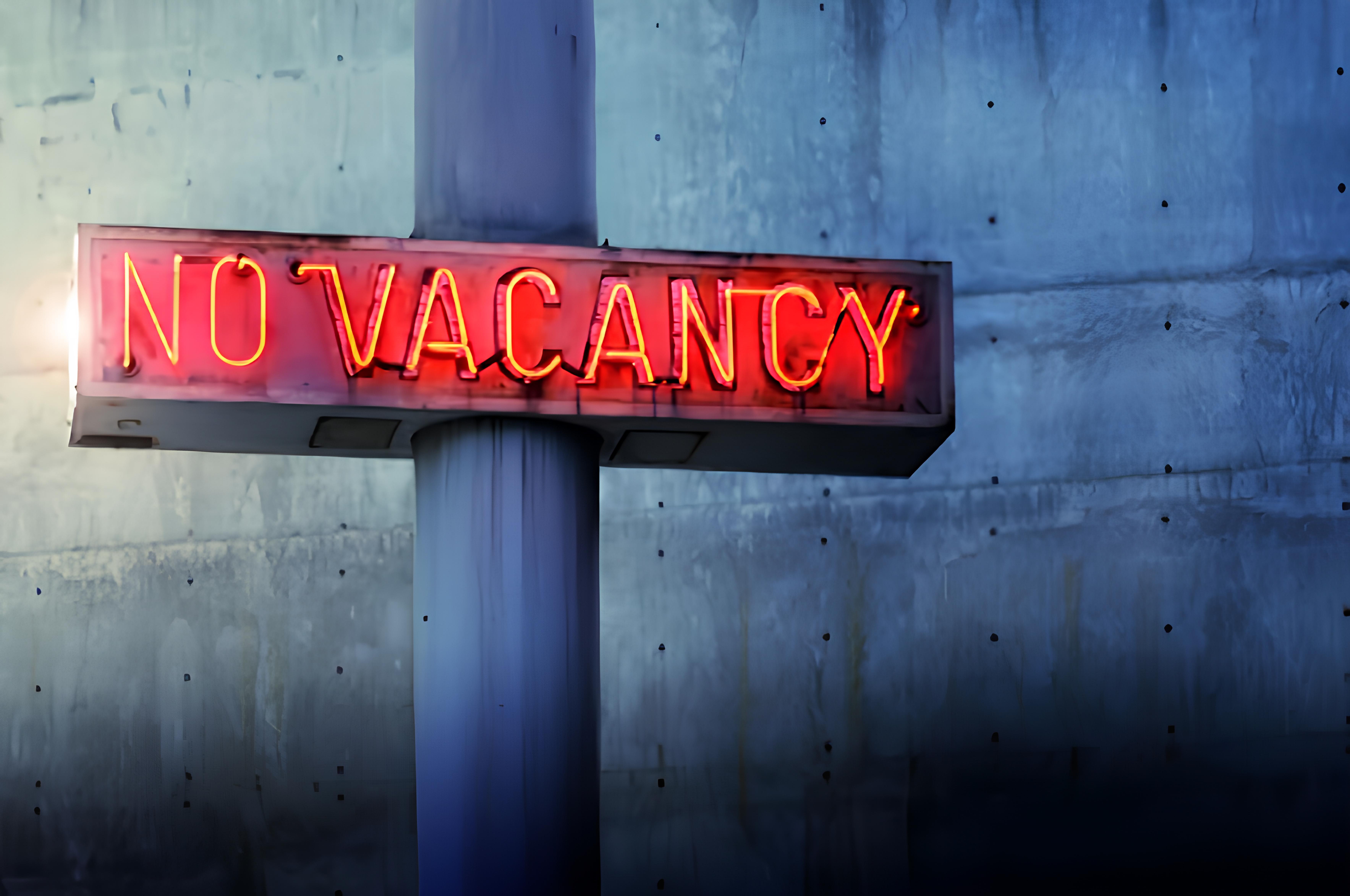
- Resources
- The Paradox of Choice: Why Too Many Options Can Be Paralyzing
I’m ashamed to admit, but I have walked away from buying something I intended to buy because there were just too many choices. Sometimes, it has to do with the grocery store (why are there 20 types of pasta sauce?), sometimes it’s picking a hotel for a trip I want to take. This isn’t a Ben Scholl quark; this is more common than one might think.
Research has shown that while offering a wide array of choices may seem beneficial to the masses, it can actually lead to decision paralysis, which will reduce the likelihood of making a purchase. This phenomenon is known as "choice overload." Consumers are bombarded with too many options, so they simply feel overwhelmed, leaving them undecided and ultimately making them abandon the purchase altogether.
One of the most famous studies on this topic is the "jam study" conducted by psychologists Sheena Iyengar and Mark Lepper in 2000. In this experiment, shoppers at a high-end supermarket were presented with two different tasting booths: one with 24 varieties of jam and another with only 6 varieties. The results were striking, while the larger assortment attracted more initial interest, only 3% of those who sampled from the extensive selection made a purchase. In contrast, the smaller display resulted in a much higher conversion rate of 30%.
Further research has reinforced the notion that too many choices can be paralyzing. For example, a study by Proctor & Gamble found that decreasing the number of Head & Shoulders shampoo varieties from 26 to 15 led to a 10% increase in sales. Similarly, when Proctor & Gamble streamlined their Crest toothpaste line from 20 options down to 12, sales jumped by 12%. (Here is an interesting deeper dive on this research)
The cognitive cost of deciding involves assessing and comparing multiple attributes, weighing potential trade-offs, and anticipating future satisfaction or regret. When faced with an overwhelming number of options, consumers may experience decision fatigue, leading to a reduced motivation to make a choice.
LuxSell URS: Curated Upgrade Offers
LuxSell URS addresses the issue of choice overload by presenting curated upgrade offers to guests. This feature ensures that agents can easily see and sell premium inventory, maximizing revenue while enriching the guest experience. This is really helpful as it both allows the agent to know what to present to the guest, but also avoids overwhelming the guests with too many choices as they check in.
Curating upgrade offers and providing inventory visibility, LuxSell URS helps mitigate the effects of choice overload, making it easier for guests to make decisions and enhancing their overall experience. This approach boosts revenue and also fosters a positive relationship between the hotel and its guests.
In conclusion, the research on choice overload highlights the importance of simplifying decision-making for consumers. LuxSell URS leverages this insight by offering curated upgrade options and ensuring inventory visibility, ultimately enhancing guest satisfaction and maximizing revenue.
About The Author
Ben Scholl
Global Partnership Executive
- Recent Posts


Newsletter Signup
Get Hooked! Sign Up to get the latest catch sent to your inbox.
.jpeg.jpg)